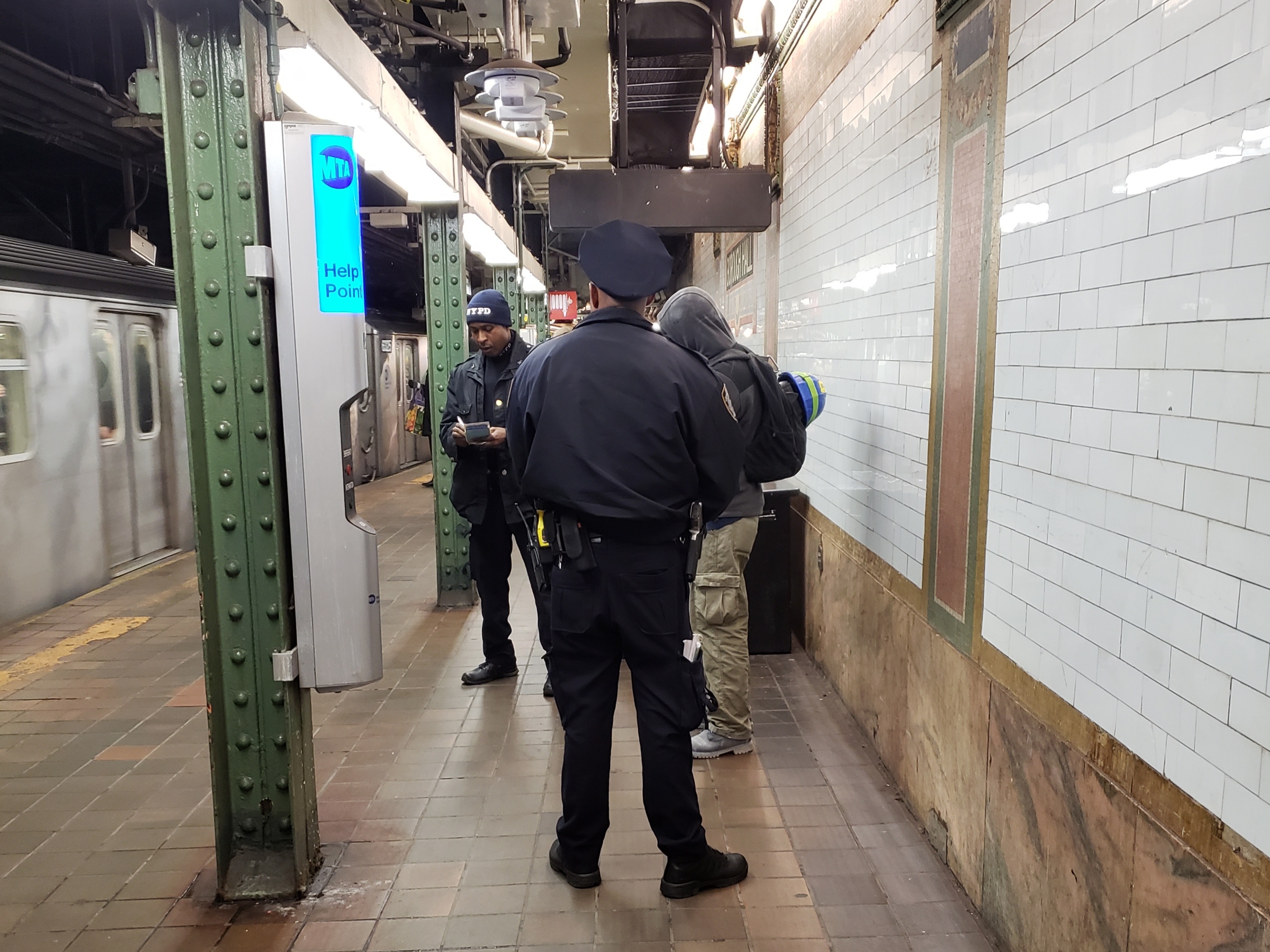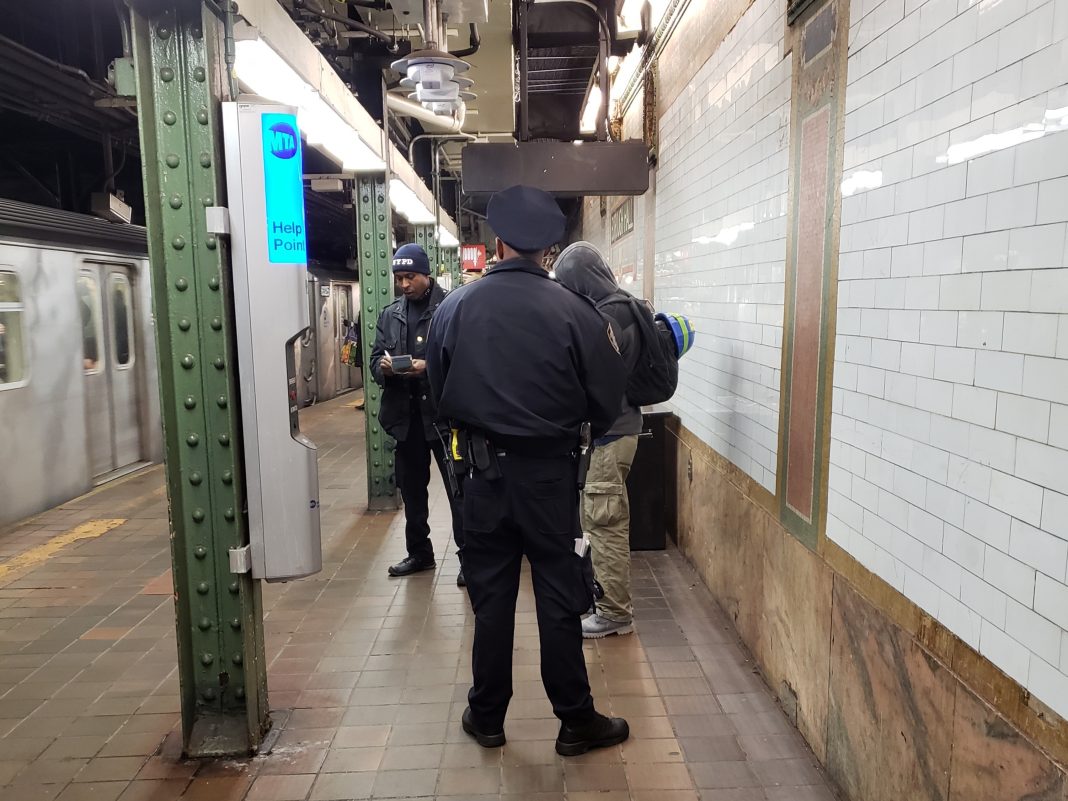
Reviving Congestion Pricing: A Controversial Decision by Gov. Hochul
Introduction:
In a recent statement, Gov. Hochul expressed her intention to bring back the suspended congestion-pricing program. However, she plans to delay its implementation until after the November elections. This decision has sparked a debate among the public, with some questioning the delay and the program’s overall popularity.
Opposition to Congestion Pricing:
Critics argue that congestion pricing is an additional burden on an already overburdened citizenry. Many believe that the Metropolitan Transportation Authority (MTA) should focus on combating fare evasion, which costs the agency millions of dollars annually. By ensuring that all commuters pay their fares, the MTA could potentially eliminate the $700 million shortfall without imposing further costs on taxpayers.
Addressing Fare Evasion:
Commuters like Richard Rafal from Manhattan and Ezra Ini from Queens emphasize the prevalence of fare evasion on a daily basis. They observe that individuals often enter buses through the back door or are simply waved on by bus drivers. By cracking down on fare evasion and ensuring that everyone pays their fair share, congestion pricing may become unnecessary.
Congestion in Manhattan:
Critics argue that congestion pricing fails to address the root causes of congestion in Manhattan. Instead, they attribute it to permanently closed major throughways, the proliferation of bike lanes, oppressive parking regulations, and the rise of pop-up dining venues. These factors contribute significantly to traffic congestion and must be addressed separately from congestion pricing.
MTA’s Budget and Management Issues:
There is skepticism surrounding the MTA’s budget management and competence, leading many to view congestion pricing as a means for the agency to raise funds rather than alleviate congestion. Critics, like Harvey Strickon from Great Neck, argue that congestion pricing is simply a way for the MTA to overcome its bloated budget and incompetent management. This perspective questions the true intentions behind implementing congestion pricing.
The Potential for Unforeseen Toll Increases:
Concerns have been raised about the potential for toll increases in the future, as seen with bridges and tunnels. Critics, including John Giriat from The Bronx, worry that once congestion pricing is implemented, the tolls could be raised arbitrarily, further burdening commuters. This fear highlights the lack of trust in the system and raises doubts about the long-term impact of congestion pricing.
President Biden’s Convention Speech:
Shifting the focus, President Biden’s recent convention speech garnered mixed reactions. While some praised him as a decent and patriotic family man, others pointed out his blind spots. Biden’s optimistic view that America is getting better rather than declining drew criticism for its potential manipulation of reality, resembling the tactics of MAGA Republicans. This observation suggests that both Democrats and Republicans may employ similar techniques to shape public perception.
Questioning Biden’s Compassion:
Critics argue that Biden’s compassionate image is undermined by his handling of the Israel-Hamas conflict. They contend that the disproportionate loss of Palestinian lives in Gaza contradicts his claim of having a “big heart.” This discrepancy raises questions about the sincerity of his compassion and highlights the complexities of international relations.
Perceptions of Democratic Compassion:
Critics also question the authenticity of the compassion displayed by Democrats during the convention. They argue that the compassion shown towards President Biden was merely staged and that the party lacks genuine empathy. This perspective challenges the notion that compassion is a defining characteristic of the Democratic Party.
A Missed Prediction:
Contrary to former President Trump’s prediction, Biden did not attempt to reclaim the nomination from Vice President Kamala Harris during the convention. This observation highlights the speculative nature of political predictions and the importance of separating reality from wishful thinking.
Conclusion:
The decision to revive congestion pricing after the November elections has sparked a contentious debate. Critics argue that the focus should be on combating fare evasion rather than imposing additional costs on taxpayers. Furthermore, concerns about the root causes of congestion in Manhattan and distrust in the MTA’s budget management and future toll increases add to the skepticism surrounding congestion pricing. Shifting to President Biden’s convention speech, some praise his decency while others question his optimistic view of the country and his handling of the Israel-Hamas conflict. The perception of staged compassion within the Democratic Party and the failure of Trump’s prediction serve as reminders of the complexities and unpredictability of politics.


